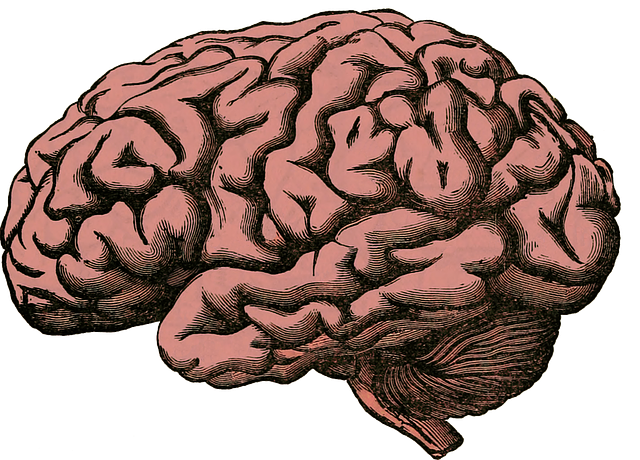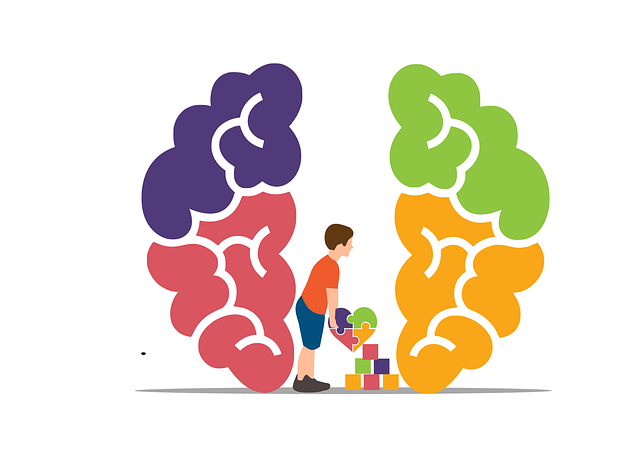Longmont International Adoptions Therapy (LIAT) prioritizes cultural competency and data-driven approaches in mental health care. They offer specialized training for healthcare providers to enhance their understanding of diverse cultural expressions of distress, ensuring tailored assessment methods. LIAT develops mental wellness coaching programs, empowering clients to actively engage in their treatment. Rigorous data preprocessing techniques, including imputation and transformation, ensure accurate analyses. By combining statistical and qualitative methods, they gain insights into therapeutic effectiveness, guiding the development of personalized support strategies like stress management workshops and inner strength development. This data-driven approach translates into improved treatment outcomes and a more supportive environment for long-term mental health recovery.
Mental health data analysis is a powerful tool in understanding and improving therapeutic outcomes, especially in adoption-related contexts. This article explores the process of analyzing and interpreting mental health data at Longmont International Adoptions Therapy, highlighting key steps from data collection to implementation. We delve into the intricacies of data preparation, advanced techniques for interpretation, and practical strategies for translating insights into enhanced therapies and support services. Learn how these methods can revolutionize care at institutions like Longmont.
- Understanding Mental Health Data Collection at Longmont International Adoptions Therapy
- Preprocessing and Cleaning: Preparing Data for Analysis
- Techniques for Interpreting Mental Health Data
- Implementing Insights: Enhancing Therapies and Support Services
Understanding Mental Health Data Collection at Longmont International Adoptions Therapy

At Longmont International Adoptions Therapy, understanding mental health data collection is paramount to delivering effective care. The therapy center recognizes that each client’s journey is unique, shaped by cultural backgrounds and personal experiences. Therefore, they place a strong emphasis on Healthcare Provider Cultural Competency Training to ensure all staff are equipped to gather nuanced data. This involves learning to recognize and respect diverse expressions of distress, as well as tailoring assessment methods to reflect individual needs.
By integrating Mental Wellness Coaching Programs Development, Longmont International Adoptions Therapy fosters an environment where clients feel empowered to participate actively in their treatment. This collaborative approach not only improves data accuracy but also strengthens the therapeutic bond, ultimately enhancing the confidence-boosting effects of the coaching programs. Through these initiatives, the therapy center strives to provide culturally sensitive and personalized mental health care.
Preprocessing and Cleaning: Preparing Data for Analysis

Before any meaningful analysis or interpretation can take place, the data collected from mental health assessments and therapy sessions at Longmont International Adoptions Therapy (LIAT) must undergo rigorous preprocessing and cleaning. This initial step is crucial in ensuring the accuracy and reliability of subsequent analyses. It involves several processes aimed at handling missing values, identifying and rectifying inconsistencies, and transforming raw data into a structured format suitable for statistical analysis.
Effective preprocessing starts with data validation to check for logical outliers or errors. This includes verifying the range and distribution of variables to ensure they align with expected norms. Once validated, strategies like imputation can be employed to handle missing data, preventing bias that could skew results. Additionally, feature engineering techniques may be applied to create new indicators from existing data, enhancing the depth and richness of the dataset. Such preparations not only facilitate more robust analysis but also support evidence-based decisions in areas such as Burnout Prevention Strategies for Healthcare Providers, Depression Prevention, and Mental Wellness Coaching Programs Development.
Techniques for Interpreting Mental Health Data

Interpreting mental health data requires a nuanced approach to ensure accurate insights and personalized support. Techniques such as statistical analysis, including regression models and sentiment analysis, can help identify trends and patterns within large datasets. For instance, Longmont International Adoptions Therapy has successfully employed these methods to uncover correlations between specific therapeutic interventions and improved outcomes in adoption-related trauma cases.
Additionally, qualitative data analysis techniques like thematic coding and narrative analysis are vital for understanding the richness of client experiences. By combining quantitative and qualitative methods, mental health professionals can gain a comprehensive view of an individual’s journey towards mental wellness. This holistic perspective is further enhanced through the integration of Mental Wellness Coaching Programs Development, Stress Management Workshops Organization, and Inner Strength Development strategies, ensuring that data interpretation translates into actionable steps for improved care and well-being outcomes.
Implementing Insights: Enhancing Therapies and Support Services

Implementing insights gained from data analysis is pivotal for enhancing therapies and support services, especially in diverse settings like Longmont International Adoptions Therapy. By translating numerical trends into actionable strategies, therapists can tailor interventions to individual needs, thereby improving treatment outcomes. For instance, identifying common emotional triggers through data can guide the development of personalized coping mechanisms and stress management workshops within the organization.
This proactive approach aligns with the broader goals of Crisis Intervention Guidance and Emotional Well-being Promotion Techniques. Data-driven insights enable therapists to anticipate challenges, design more effective support systems, and ultimately foster a more supportive environment for clients’ long-term mental health recovery.
Mental health data analysis is a powerful tool that offers valuable insights into patient well-being, especially through the lens of Longmont International Adoptions Therapy. By systematically collecting, preprocessing, and interpreting this data, therapists can make informed decisions to enhance therapy outcomes and support services. This article has explored essential techniques for navigating these processes, from understanding unique data collection methods at Longmont to implementing actionable insights that revolutionize care. Embracing data-driven approaches enables professionals to provide more personalized and effective assistance, ultimately improving the lives of those seeking mental health support.









